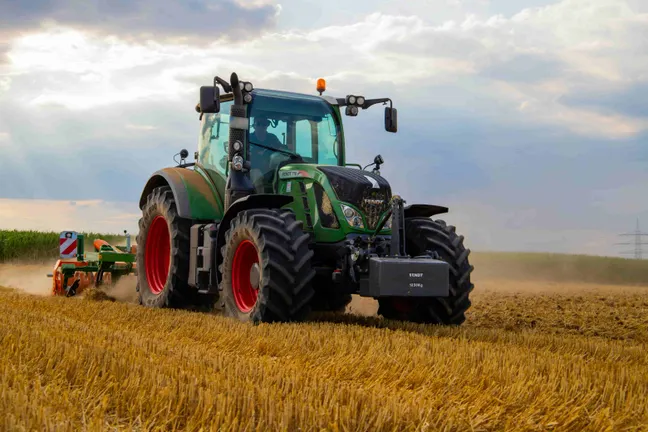UK Election: Labour Poised for Landslide Victory Amidst Farming and Agriculture Funding Concerns

As the UK approaches its upcoming general election, political analysts and polls indicate a significant shift in the political landscape. Labour, under the leadership of Keir Starmer, is poised to secure a landslide victory, marking a dramatic change from the Conservative government that has been in power for over a decade. This anticipated shift reflects widespread public dissatisfaction with the current administration's handling of various issues, from the economy to healthcare. However, there is a growing concern within the farming and agriculture sectors regarding Labour's commitment—or lack thereof—to funding these crucial industries.
Labour's rising popularity can be attributed to its policy proposals aimed at addressing pressing social and economic issues. Starmer’s promises of rebuilding the NHS, investing in green energy, and tackling economic inequality have resonated with a broad spectrum of voters. However, despite Labour's detailed policy agenda, one glaring omission has been its stance on funding for farming and agriculture. These sectors are not only vital to the UK's economy but also integral to the nation’s food security and rural communities' livelihoods. The absence of a clear commitment to support these industries has raised alarms among farmers, industry stakeholders, and rural advocates including us here at FTA.
We have long understood the Importance of Agricultural Funding and the UK currently has numerous challenges, including the impact of Brexit on trade, fluctuating market prices, and the need for sustainable farming practices in the face of climate change. Government funding and support are critical to navigating these challenges. Subsidies, grants, and investment in agricultural technology are essential for maintaining productivity, ensuring environmental sustainability, and supporting the rural economy.
Farmers and industry experts have expressed concern that Labour's silence on agriculture could signal a lack of prioritisation for rural issues. The NFU and other agricultural bodies have called for clear policy commitments, emphasising that neglecting these sectors could have long-term negative impacts on the economy and food supply chain. Critics argue that while urban and industrial areas often dominate political issues, the needs of rural communities and agriculture must not be overlooked especially when they are so vital to food production, climate change and the UK’s economy.
As the election approaches, there is a growing demand for Labour to outline its plans for farming and agriculture. Industry leaders are urging the party to commit to robust support measures that will ensure the sector’s sustainability and growth. Clear policies on funding, trade, and innovation are necessary to reassure farmers and rural voters that their interests will be protected under a potential Labour government.
The forthcoming UK election represents a pivotal moment in the nation's political journey. While Labour appears to be on the brink of a historic victory, the concerns surrounding its commitment to farming and agriculture funding remain a critical issue. As voters prepare to head to the polls, the hope is that Labour will address these concerns, ensuring that all sectors of society, including the vital agricultural industry, receive the attention and support they both deserve and need to thrive.